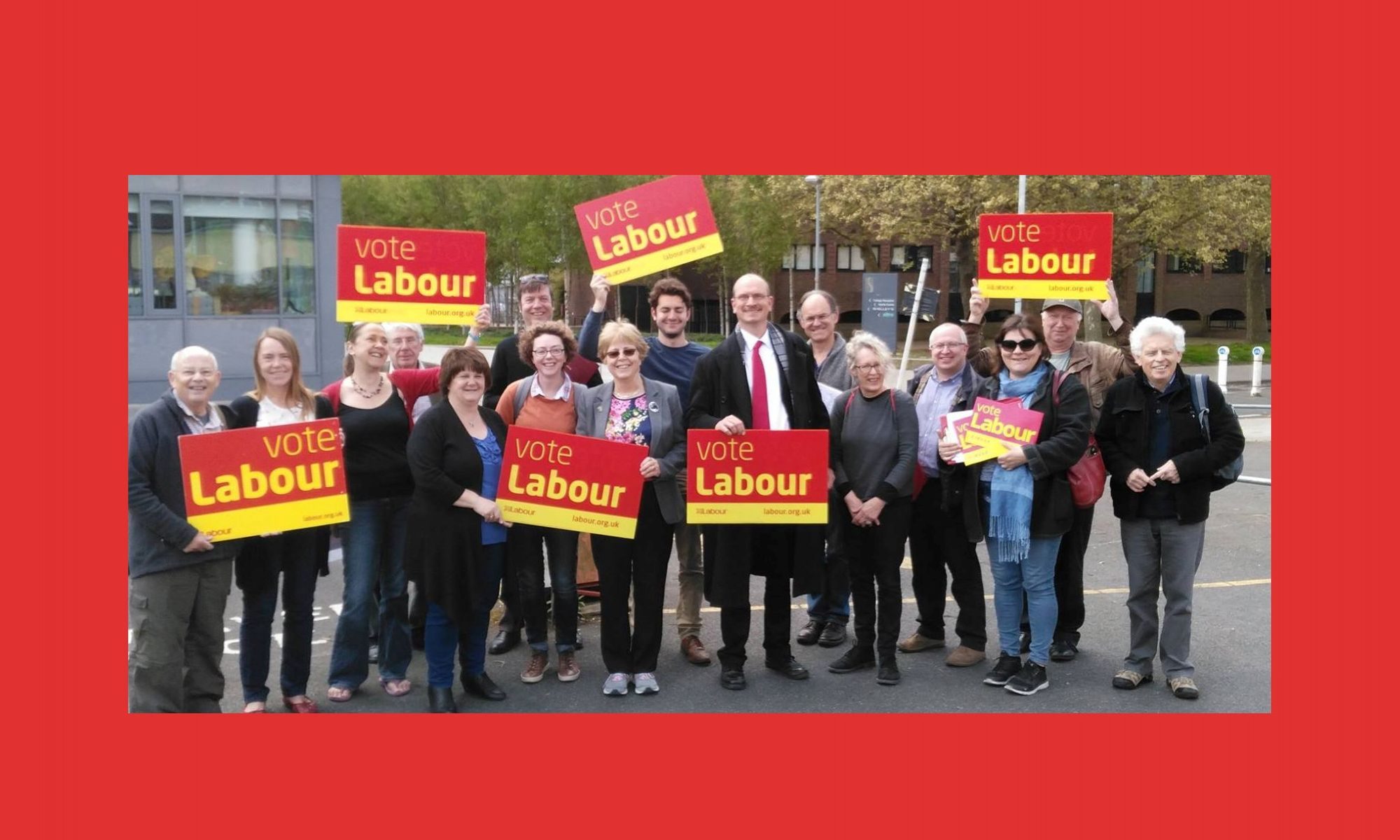Parliament this week has been dominated by arguments about people’s rights, and their ability to get the law to protect them.
On Tuesday Labour attempted to ditch the Government’s new Legal Aid scheme. Legal Aid already no longer applies to many family law cases, discrimination at work cases, personal claims against unfair practices – for all of these civil cases, it is often difficult, and sometimes impossible, for people who are not wealthy to get any legal aid to help them seek justice.
But the regulations now make it difficult for people to get the justice they deserve even in criminal cases. The new fee scheme doesn’t pay enough for lawyers to take publicly-funded criminal defence work. Those accused of serious crimes need proper legal representation. Without realistic levels of legal aid there will be serious miscarriages of justice.
The Criminal Bar Association (CBA) made a formal request for the Ministry of Justice to “delay, withdraw, amend or reconsider” the new regulations. The Government ignored them. Following this, barristers across the country are refusing to take on legal-aid cases under the new scheme. This is not because they are greedy – it is because they simply cannot afford to do the work for the money the government is offering them.
More than half of legal aid lawyers with less than 10 years’ experience already earn less than £25,000 a year, and that’s before this latest round of cuts. These young lawyers are usually saddled with tens of thousands of pounds of graduate study debts on top of undergraduate fees. This has led to a recruitment crisis, and young women in particular are leaving the profession at an alarming rate.
Unless younger people take up law it will become more and more difficult for anyone accused of a crime to get a fair trial unless they can afford to pay for private lawyers. As I understand it, there is now not a single criminal law solicitor aged under 35 taking criminal legal aid work in Suffolk, and the same is true of Norfolk, and Cornwall, and Worcestershire. *
Labour MPs argued that the government should withdraw the controversial changes to the payments scheme, go back to the drawing board and come up with a scheme that attracts widespread support rather than provoking a backlash. Unfortunately, as with so many issues, we won all the arguments but lost the vote.
Then on Wednesday we debated the Data Protection Bill. There had been cross party agreement that there would be justice for victims of phone hacking. But then the Tories announced on 1st March 2018 that they would scrap Part 2 of the Leveson Inquiry, which was meant to look at the relationship between the police and the press as well as criminality at News International and other national newspapers.
Madeleine McCann’s father, Gerry McCann, whose family was treated with contempt by certain national newspapers, said “this Government has abandoned its commitments to the victims of press abuse to satisfy the corporate interests of the large newspaper groups. This Government has lost all integrity when it comes to policy affecting the press.”
Labour proposed various amendments, to hold the Conservatives to their original promise. The amendments would exempt local newspapers, and vexatious claims would be thrown out by the regulator before a case even went to trial, so only genuine cases could end up incurring costs. All the phone hacking scandals that made this necessary applied to national newspapers, not to the local press. But again, the Conservatives voted this down.
The Data Protection Bill also enables immigration officials to refuse people the right to access the information from the Home Office that they need to ensure that they get a fair hearing. This is particularly despicable when thousands of British Citizens from the Commonwealth who have lived here since the 50s, 60s and 70s are being denied their rights because they can’t put their hands on the right pieces of paper. The Home Office is most likely to use these powers, but private companies like G4S could also apply to prevent themselves from having to reveal the facts.
I spoke on Tuesday to point out that equal access to the law is a fundamental bedrock of a fair society. This Government is undermining that. The Ministry of Justice budget has faced 40% cuts since the Conservatives took control in 2010. Our legal system is at breaking point – yet more cuts risk denying the public an effective and fair justice system.
*Law Society Report, 17 April 2018
